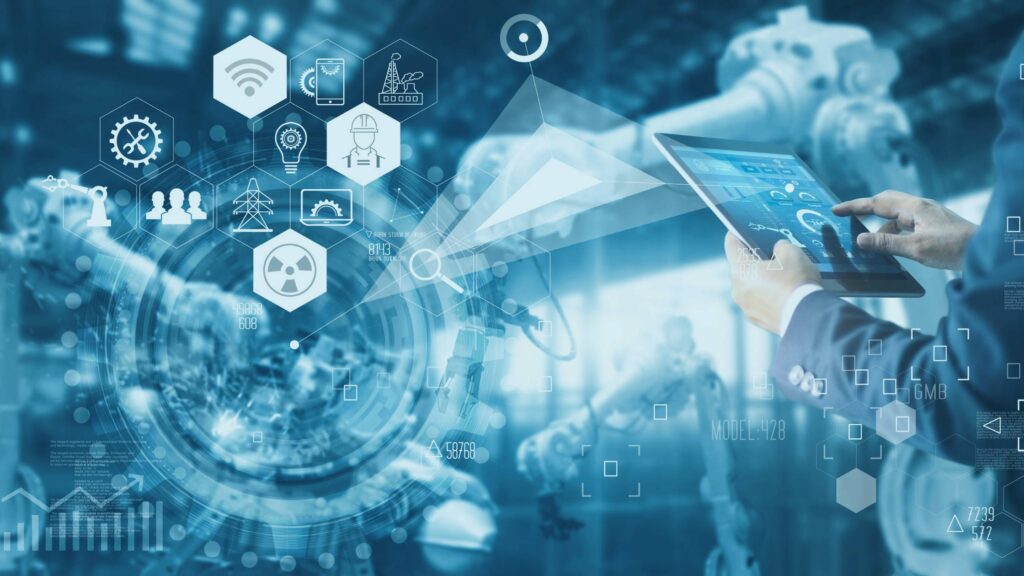Unleashing Employee Potential With Performance Management Process
The performance management process is a systematic approach to managing and evaluating the performance of employees in an organization. It involves setting clear performance expectations and goals, monitoring progress towards those goals, providing regular feedback and coaching, and evaluating performance outcomes. It is an essential tool for organizations to ensure that employees are contributing to the success of the company and maintaining a high level of productivity.
Steps Involved in the Performance Management Process
The performance management process involves several steps that enable organizations to monitor and manage the performance of their employees effectively. The steps are:
Planning
The first step in the performance management process is to set clear and specific goals that align with the company’s overall objectives. Goals should be measurable and achievable, and employees should have a clear understanding of what is expected of them.
Performance Monitoring
Once goals have been set, employees’ performance must be monitored regularly to ensure that they are making progress toward their goals. This can be achieved through regular check-ins, performance reviews, and feedback sessions.
Feedback and Coaching
Providing feedback is a critical component of the performance management process. Employees need to receive regular feedback on their performance, both positive and constructive, to help them improve their skills and develop their potential. Coaching is also an essential part of the process, as it helps employees to identify areas for improvement and develop strategies to overcome any obstacles.
Performance Evaluation
Regular performance evaluations allow managers to assess employees’ progress toward their goals and provide feedback on their performance. This helps to identify any areas where employees may need additional training or support.
Rewards and Recognition
Finally, rewarding and recognizing employees for their achievements is an essential component of the performance management process. Rewards can be in the form of bonuses, promotions, or other incentives, while recognition can be as simple as a thank-you note or public acknowledgement of a job well done.
Besides implementing an effective performance management process, embracing equity in your company is equally important for the smooth functioning of your organization.
Why Is Performance Management Process Important?
By implementing a robust performance management process, organizations can ensure that their employees are working towards the same goals and objectives and that they are developing the skills they need to succeed in their careers. Here are some reasons why the performance management process is so important for organizations:
Alignment with Business Objectives
Performance management ensures that individual goals and objectives are aligned with the overall business objectives of the organization. It helps to ensure that all employees are working towards the same goals and objectives, which improves the organization’s performance and productivity.
Identifying Employee Strengths and Weaknesses
Performance management provides an opportunity for managers to identify their employees’ strengths and weaknesses. By recognizing their strengths, managers can help employees maximize their potential while addressing their weaknesses through training and development.
Enhancing Employee Motivation and Engagement
Regular feedback and coaching sessions provide employees with a clear understanding of their performance and what is expected of them. This helps to keep employees motivated and engaged, as they have a clear understanding of their goals and how to achieve them.
Facilitating Career Development
Performance management provides a framework for career development by identifying employees’ skills, strengths, and areas for improvement. This helps employees to develop the skills they need to advance their careers within the organization.
Identifying and Addressing Performance Issues
Performance management helps managers to identify any performance issues early on and address them proactively. This ensures that employees are meeting their performance targets and helps to prevent potential problems from becoming more significant issues in the future.
Knowing the key challenges of setting up an international remote team will help you have a better grasp of the importance of the performance management process in your organization.
Conclusion
Although all of the ideas above comprise a set of best possible practices, one of the most crucial practices for businesses to follow when tracking remote employees is to prioritize deliverables above employee attendance. Strict attendance policies should not be necessary if an employee is doing effectively and completing their task on time and to the highest level. Putting deliverables ahead of attendance not only help employees take charge of their day but also offers them a sense of responsibility. As a result, their performance often improves significantly. Thus, the performance management process is an essential tool for organizations to manage and improve employee performance.
If you are looking for streamlining employer of record solutions or other HR activities for your growing distributed team, Procloz is here to help you. It offers comprehensive business process outsourcing across multiple locations to help you streamline the complex process of global payroll compliance. Contact us to learn more about how we can be of assistance to you.



